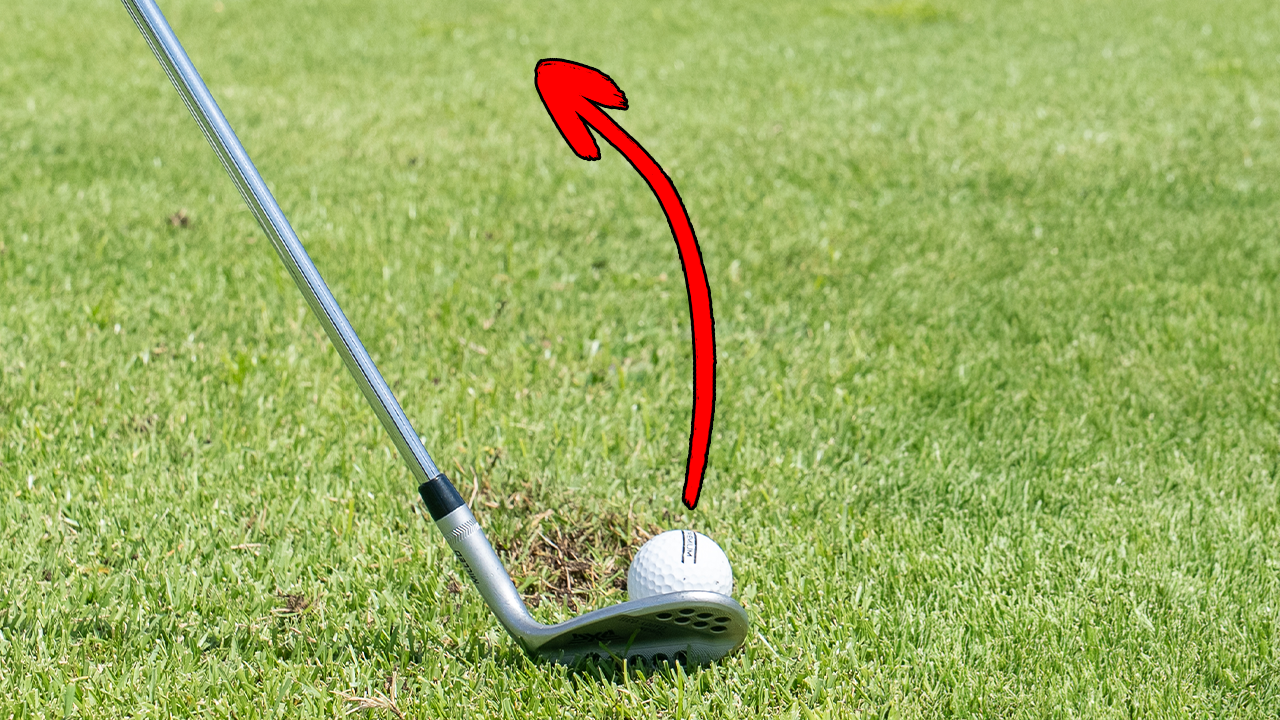The Reason You're Missing Wedge Shots to the Left

Why Proper Lie Angle Is Critical For Straighter Golf Shots
Are you constantly missing left with your wedges and short irons? Before you change your swing, your equipment might be the real culprit. In this lesson, we demonstrate how a simple lie angle adjustment transformed Patrick's game from frustrating pulls to laser-straight shots.
The Problem: Clubs Too Upright
For months, Patrick had been struggling with a consistent miss to the left with all his short clubs. This common problem forced him to aim as much as 20 yards right of his target just to compensate!
The issue wasn't his swing—it was his club setup. With clubs that were too upright for his posture, Patrick was forced into uncomfortable compensations that weren't natural or consistent.
The Simple Solution: Flattening the Lie Angle
After identifying that Patrick's clubs were too upright, we had his clubs adjusted to 2 degrees flat. The results were immediate and dramatic:
- Shots flew straight at the target instead of left
- No more need to aim away from the target
- More natural setup position
- Eliminated uncomfortable compensations
As Patrick noted: "I haven't hit an iron shot to the right for so long. My misses have all been going way left, so this is exciting... This is great to be able to aim straight again."
Why Lie Angle Matters So Much
The lie angle of your clubs directly affects where your shots go:
- Too upright: Ball tends to go left (for right-handed golfers)
- Too flat: Ball tends to go right
- Properly fitted: Ball goes straight toward your target
This is especially critical with your shorter clubs (wedges through 7-iron) where precision is essential for scoring.
Two Schools of Club Fitting
There are two different approaches to club fitting for lie angle:
- Static Fitting: Setting the proper lie angle at address when your hands hang naturally
- Dynamic Fitting: Adjusting to how the club impacts the ground during your actual swing
For golfers committed to improving their swing mechanics, a static fitting is often the best approach. This allows you to develop a proper swing with equipment that fits your natural posture.
The Surprising Truth About Factory Specs
Here's something most golfers don't realize: even brand new clubs directly from manufacturers are often not built to the exact specifications ordered.
"I have never had a set of clubs in 40 years that was shipped perfectly," our instructor reveals.
This happens with all major manufacturers, even with clubs coming from their tour departments where tolerances should be tightest. The solution? Always have your new clubs checked by a qualified club fitter with a loft-lie machine.
The Forged vs. Cast Club Consideration
If you play forged irons like Patrick, be aware they require more frequent specification checks:
- Forged clubs: Softer metal that can more easily bend out of specification
- Cast clubs: Harder alloy that maintains specs longer but can be harder to adjust
For forged club users who practice frequently (especially on mats or hard surfaces), checking your specs at least once a year is highly recommended.
Signs Your Clubs Might Need Checking
Watch for these warning signs:
- Consistent misses in one direction (especially left for right-handed golfers)
- Two consecutive irons going similar distances
- Uncomfortable setup position
- Feeling the need to make compensations at address
Key Takeaways
- Get properly fitted for lie angle when purchasing new clubs
- Always verify specs when new clubs arrive (even from major manufacturers)
- Check forged clubs annually to ensure specs haven't changed
- Recognize that proper equipment is as important as good technique
- Don't compensate with aim - fix the root cause
The difference proper lie angle makes can be dramatic. As Patrick experienced, it can transform your game from frustration to confidence with just a simple adjustment.
